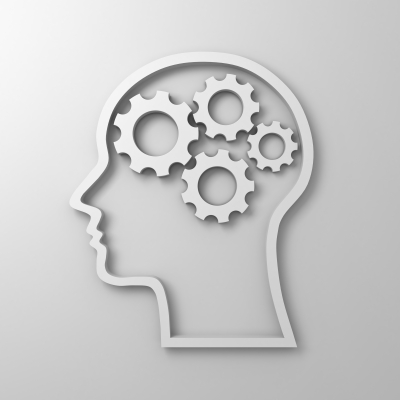Managing Aggressive Behavior in Alzheimer’s Patients
What do we mean by ‘Aggressive’? • Becoming easily irritated, and lashing out to other individuals in a physically and mentally abusive manner. • Threatening others when the Alzheimer’s patient is in the presence of other individuals • Lashing out at others for no particular reason. Here are 3 ways to deal with this unsuspecting …













